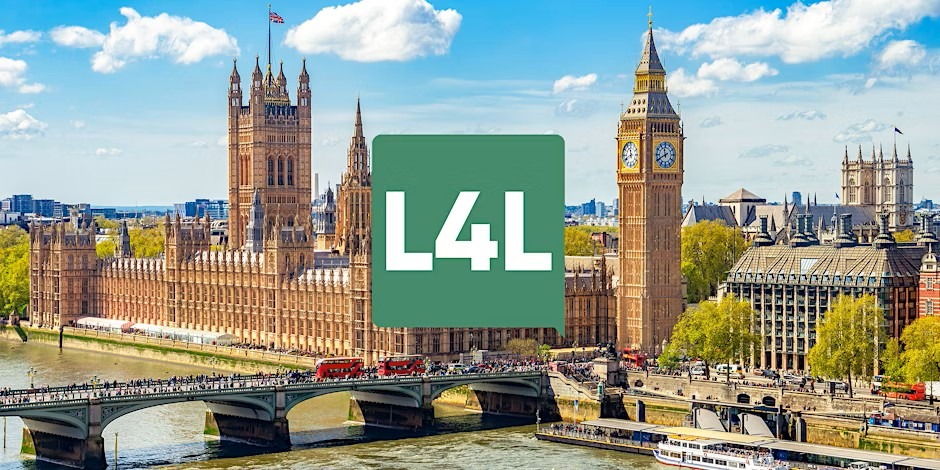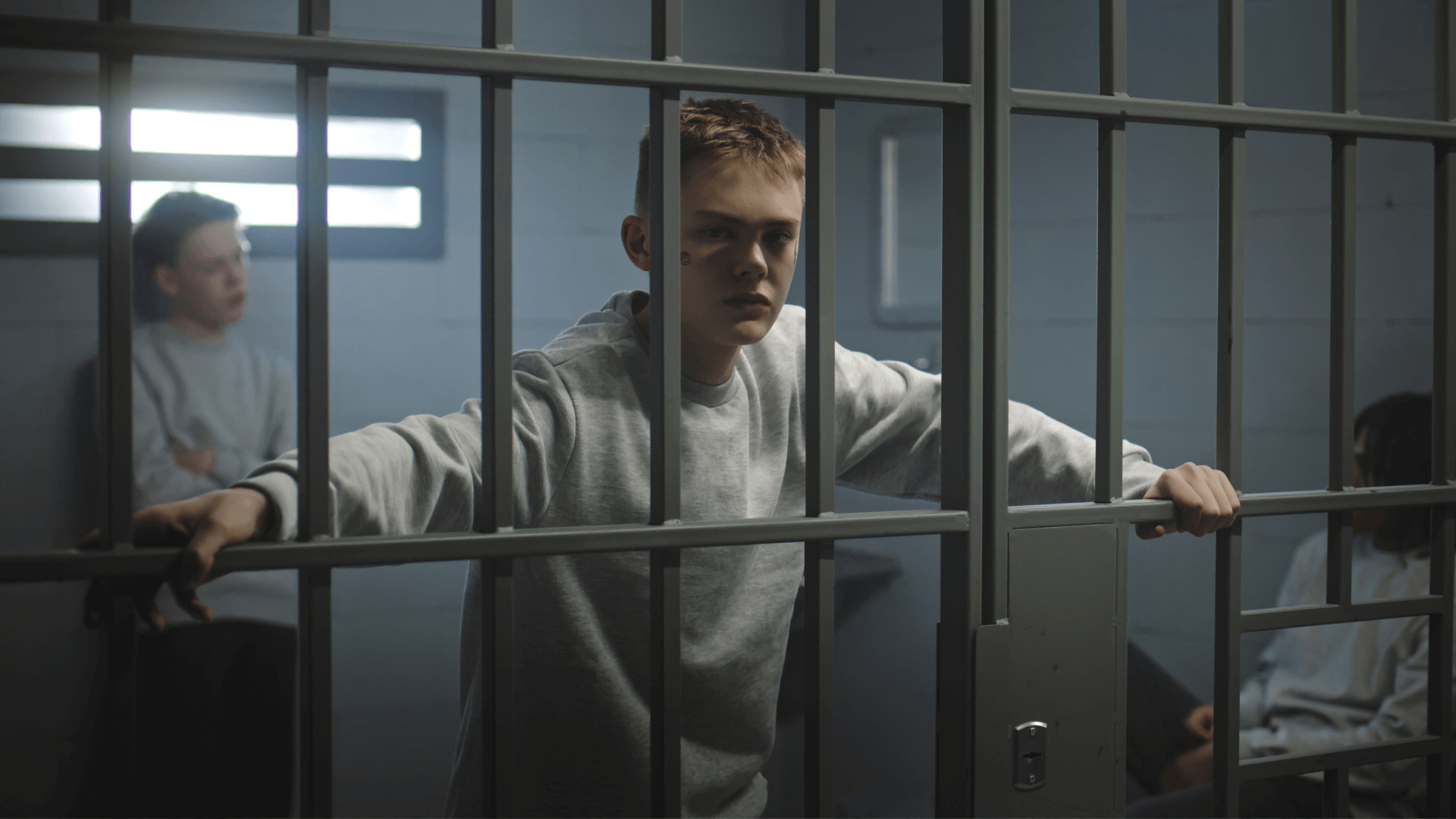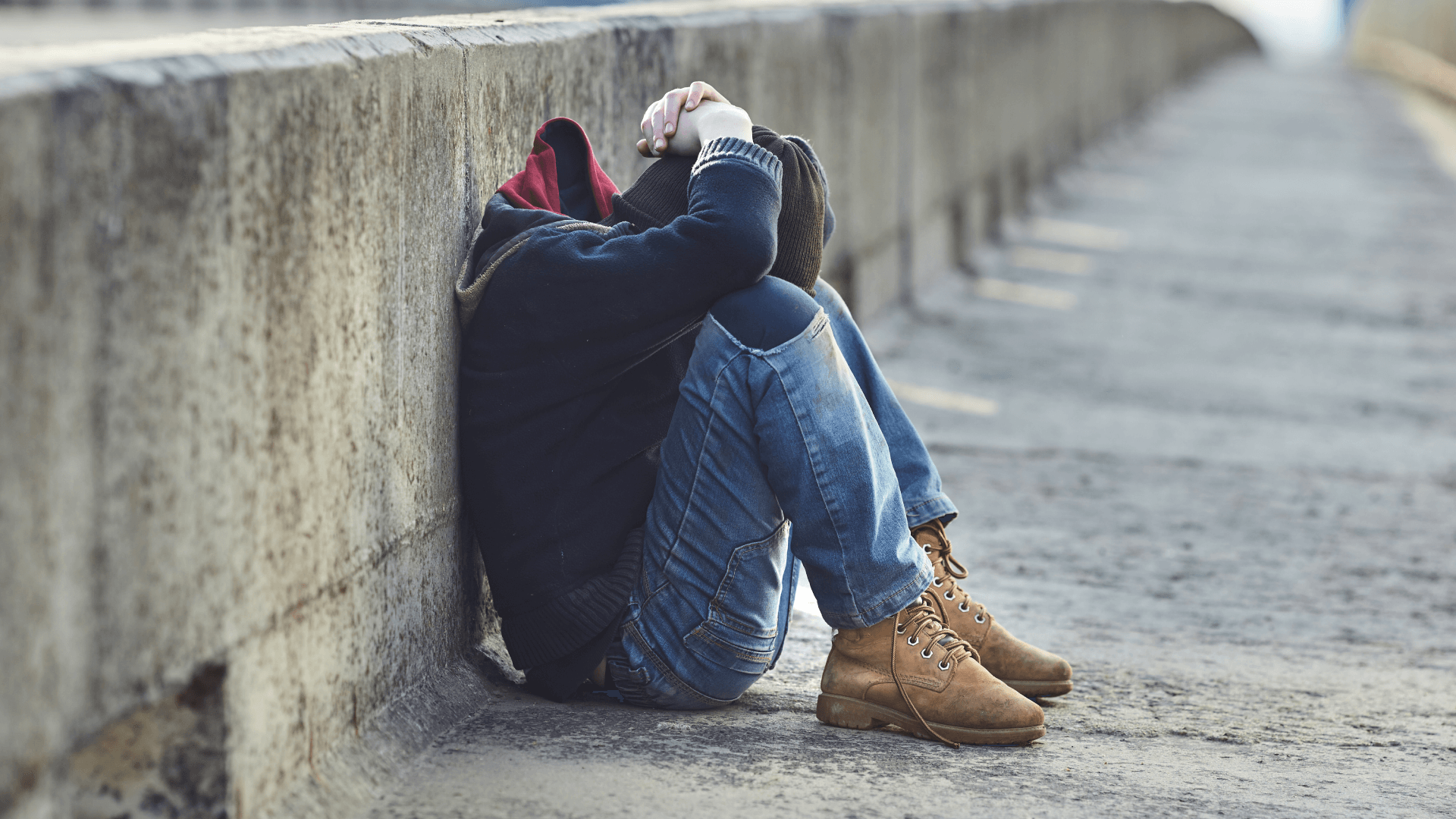Tackling knife crime requires more than reaction, it demands long-term investment in prevention. Sophie Hearn from the Lessons4Life campaign strategy team, explores the case for prioritising life skills in response to the concerns raised in Idris Elba’s BBC documentary.
I vividly remember visiting what would later become my secondary school, and hearing from my friend’s older sister (who was already a student), about the close proximity of the neighbouring school. Just a year earlier there had been an incident where students from both schools were involved, resulting in a 15-year-old boy being taken to hospital with stab wounds.
More than 20 years later and the story is no different. The increase in incidents and their devastating consequences is something now rooted in our society. Statistics alone highlight that there were 53,047 police-recorded offences involving a knife or sharp instrument recorded in the year ending March 2025.
The Reality Behind the Headlines
When we look at knife enabled crime, we hear a number of young people carry weapons not necessarily because they want to but because they feel they have no choice. Fear drives their decisions and many don’t feel safe, yet carrying a knife becomes a survival instinct. This isn’t just a crisis, it’s a call to action. We cannot afford to look away anymore and allow young people to think that this should be acceptable or a solution.
Every headline can often hide a deeper story and every life changed forever, tells us something about a more complex truth we can’t ignore. A cycle of systemic failures we have yet to fully confront or truly understand. The most heartbreaking thing?
It’s costing lives.
The Cost of Inaction and the Need for Early Intervention
Society is failing a large number of our next generation, especially in receiving the correct tools, confidence or investment they need before navigating adult life. I truly believe in the power of early intervention, not just because of my work but sitting here week after week and seeing yet another headline featuring a young person involved in a senseless act of violence.
It’s no longer about creating another policy or being reactive every time a tragedy makes the headlines.
Amplifying Voices for Change
Earlier this year we saw this explored in Idris Elba: Our Knife Crime Crisis, a BBC documentary highlighting the reality of knife crime. It left me feeling frustrated and still does to this day. This also isn’t new for someone like Idris. He’s been campaigning for years on the issue of knife crime alone, using his platform to raise awareness, highlight the need for community solutions, and call for systemic change.
We need to be fostering environments where the right support is being received, because a child’s development is shaped by the experiences and messages they are exposed to. This is where the real change happens. Grassroots organisations, community-led initiatives and passionate individuals are not just reacting but preventing. They’re doing the difficult, often invisible, work of reaching young people before the system does. They listen, build trust, provide consistency, and confront the root causes that act as barriers to their potential.
It’s Time to Invest in Prevention
Now we need to go even further because knife crime doesn’t exist in isolation. It’s only one part of a wider knot of inequality, disconnection, and lack of opportunity, all of which starts long before a weapon is picked up. Unless we address those deeper causes, the perpetual cycle will continue.
It’s a huge task and something that can’t be solved by one person, one policy, or one moment. Too often, young people go through education without ever being prepared enough to navigate the next stage of their lives. Personal development although done well by many schools, has been pushed aside far too often in favour of academic achievement. Life skills such as emotional resilience, communication, confidence and decision-making are often treated as optional or squeezed into the curriculum when there’s time. Children need to be taught about conflict resolution, managing peer pressure, understanding healthy friendships, and regulating emotions. Age-appropriate education on the age of criminal responsibility, the legal consequences of carrying a weapon, and how decisions can have life-altering consequences is also essential.
A subject like PSHE shouldn’t be a box-ticking exercise, it should be a fundamental part of every child’s education. If we can advocate for more time, funding, and support for personal development in schools, we can give the next generation the skills to thrive. However, we need more support. To truly create change, our growing campaign needs stronger support and voices willing to stand up with us.
Idris, will you join us in backing Lessons4Life?
Join the Movement
Sign the petition to demand that education and personal development remain at the forefront of efforts to create safer communities and reduce crime.
Share Lessons4Life with your community if you believe in the power of education and personal growth.



